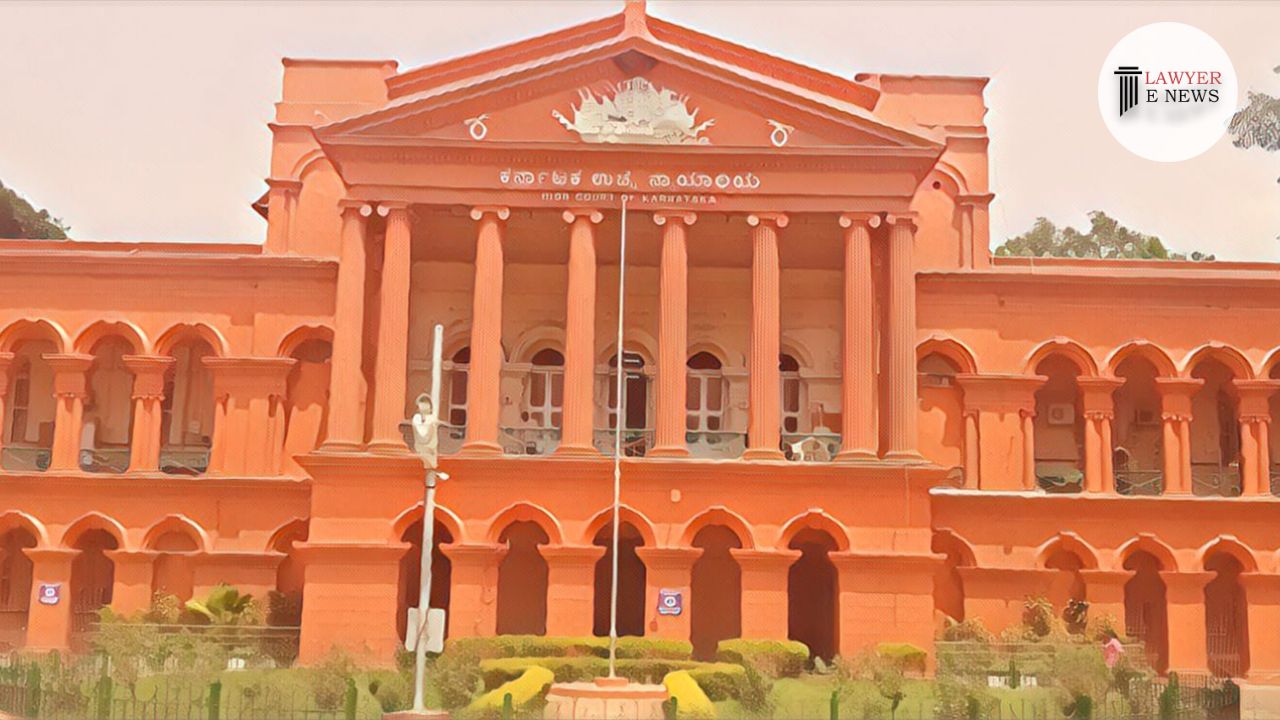-
by Admin
15 February 2026 5:35 AM



In a significant judgment delivered on May 28, 2024, the Karnataka High Court quashed the proceedings before the Assistant Commissioner, Bengaluru Sub-Division, Bengaluru, regarding a caste certificate dispute. The court held that the Assistant Commissioner lacked jurisdiction to hear the appeal against the cancellation of a caste certificate by the Tahsildar, following orders from the District Caste Verification Committee. Justice M. Nagaprasanna emphasized that such appeals should be heard by the appropriate appellate authority as per the Karnataka Scheduled Castes, Scheduled Tribes, and Other Backward Classes (Reservation of Appointment Etc.) Act, 1990.
Justice M. Nagaprasanna clarified that the Assistant Commissioner does not have the jurisdiction to entertain appeals against the orders of superior officers. The court noted, "An appeal to the Assistant Commissioner under Section 4B of the Act is only applicable when the Tahsildar independently rejects or grants a caste certificate. However, the Tahsildar’s cancellation of a caste certificate following the Committee’s direction is not an independent act and thus, the Assistant Commissioner cannot be an appellate authority over such decisions."
The court meticulously examined the provisions of the Karnataka Scheduled Castes, Scheduled Tribes, and Other Backward Classes (Reservation of Appointment Etc.) Act, 1990, particularly Sections 4A and 4B, which outline the powers and functions of the Tahsildar and the appellate procedures. Justice Nagaprasanna explained, "The Tahsildar's role is confined to issuing or rejecting caste certificates upon independent inquiry. The cancellation of a caste certificate based on the Committee's findings is beyond the Tahsildar's original jurisdiction and, therefore, not appealable to the Assistant Commissioner."
Justice Nagaprasanna stated, "Any order passed by a court or authority without jurisdiction is coram non-judice and is thus null and void. The proceedings before the Assistant Commissioner are invalid as they lack the necessary jurisdictional authority."
Case Background: The dispute centered around a caste certificate issued to the fifth respondent, depicting her as belonging to the Nayaka community, a Scheduled Tribe. The petitioner challenged this certificate, alleging it was obtained fraudulently. The Directorate of Civil Rights Enforcement referred the matter to the District Caste Verification Committee, which initially canceled the certificate. Subsequent appeals and remands saw the certificate being reinstated and then questioned again, leading to the Tahsildar’s cancellation order based on the Committee's directive.
The High Court's decision underscores the importance of adhering to jurisdictional mandates in legal proceedings. By quashing the Assistant Commissioner's proceedings, the judgment reinforces the procedural integrity of caste certificate verification and appeal processes. This ruling is expected to streamline future disputes, ensuring they are addressed by the appropriate authorities and reducing the potential for jurisdictional overreach.
The Karnataka High Court's ruling highlights the judiciary's role in maintaining the procedural sanctity of caste verification and appeal processes. This judgment not only resolves the current dispute but also sets a precedent for handling similar cases in the future, emphasizing the importance of proper jurisdiction in legal matters.
Date of Decision: May 28, 2024
Guruprasad vs. Assistant Commissioner Bengaluru North and Others
